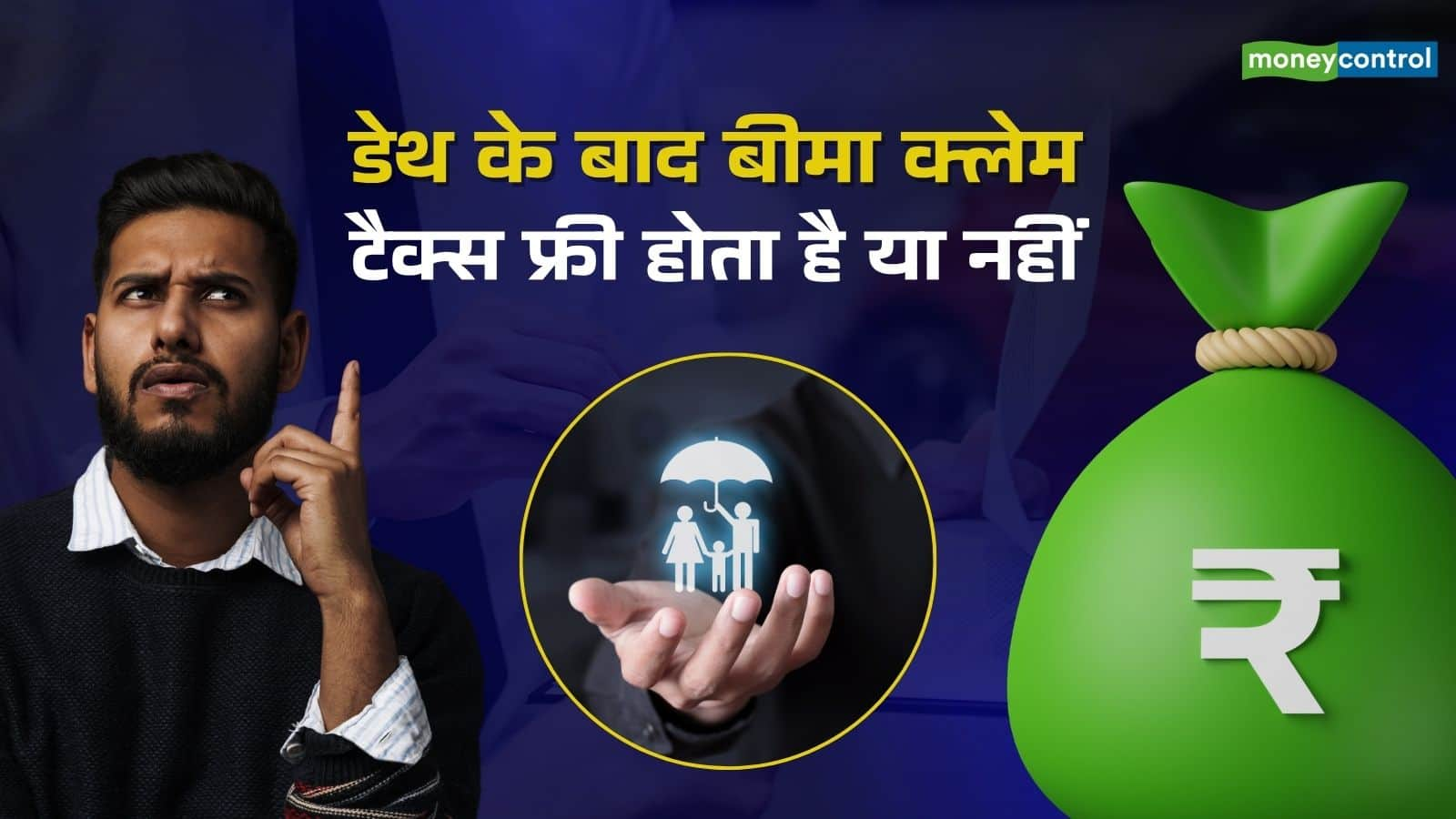
Life insuresh claim: Life Insurance Claim, after the death of a loved one, is very important from both emotional and economic perspective. But, a question confuses many people, this amount is completely tax free or has to be taxed on it?
Let us understand in detail what tax rules are called on the life insurance claim after death, in which cases are relaxation, and in which cases you may have to pay tax.
Rules regarding tax on insurance claim?
Under Section 10 (10D) of the Income Tax Act, if the amount received by the nominee after the death of an insured is completely tax free.
This means that if you get Rs 25 lakh, 50 lakh rupees or 1 crore rupees as a nominee, then the Income Tax Department does not impose any tax on it.
When will the insurance claim not be tax free?
The money received from Life Insurance usually does not cost income tax if it comes under Section 10 (10D) of the Income Tax Act. But there are some special conditions in which this discount is not available. Come, let’s understand when insurance claims are not tax free.
1. Keyman Insurance Policy payout
If a company buys Keyman Insurance Policy in the name of an important employee and later the amount received from the company, then it is not tax free. Because the company gets the benefit in this and not the families of the deceased. Therefore it is not covered under section 10 (10D).
2. Payment under Section 80DD (3) or 80DDA (3)
If the payment under a policy is found on the death of a disabled person, and he falls under section 80DD (3) or 80DDA (3), it is also out of a tax exemption of 10 (10D). This payment is not a Death Benefit, but a kind of time is considered as a type of condition.
3. Policy between 2003 and 2012
If you bought a policy between 1 April 2003 to 31 March 2012 and it has more than 20% of the annual premium, sum assured, then the money received from that policy will not be tax free. Many high net worth individuals (HNIS) used to pay more premiums by taking less insurance so that they could take advantage of investment in the name of tax free income. Therefore, the government imposed a limit of 20%, so that this policy is taken for the purpose of “insurance”, not to save tax.
4. High premium and non-day claim after 2012
If the policy death is not benefited but a maturity or surrender value, and its premium is more than 10% of the insurance, then there will be no tax exemption. This rule is for policies purchased after 1 April 2012.
Does TDS (tax deducted at source) cut?
TDS is usually not deducted in case of death claim, but if the insurance company feels that the policy does not come under the purview of exemption, they can cut 5% TDS, especially if PAN is not available.
However, if the policy is related to the death claim, it does not even cut the TDS.
Tax exemption is also available in term plan?
The condition in term insurance plans is that the claim will be found after the death of the policyholder. It is clearly covered under Section 10 (10D). This means that the amount of insurance claim received by the nominee in the term plan is completely tax free.
Who is the nominee, does it matter?
It does not matter who the nominee is. The amount of insurance claim is always received after the death of a nominee, whether it is a woman or a male, insured. Be it a nominee wife, parents or children, all get tax exemption, provided the claim is due to the death of a person.
Is it necessary to show in personal tax returns or not?
Although this amount is tax free, you should still show it in your ITR (Income Tax Return) as “Exempt Income”. This keeps transparency and can avoid any inquiry in future.
You should also take all documents and tax statement from the insurance company while taking the claim. It may also be needed in future.
Also read: Home Insurance: If the house is harmed by war, will insurance work work?